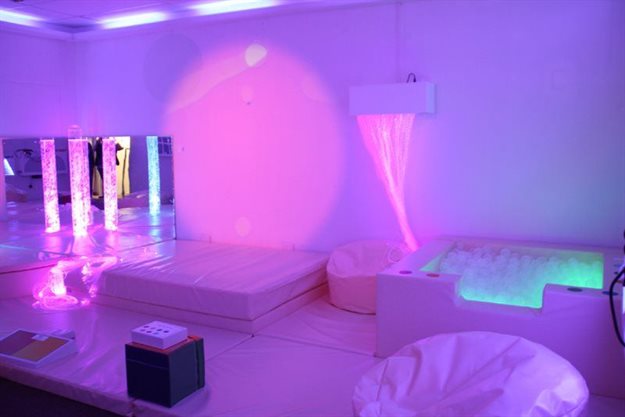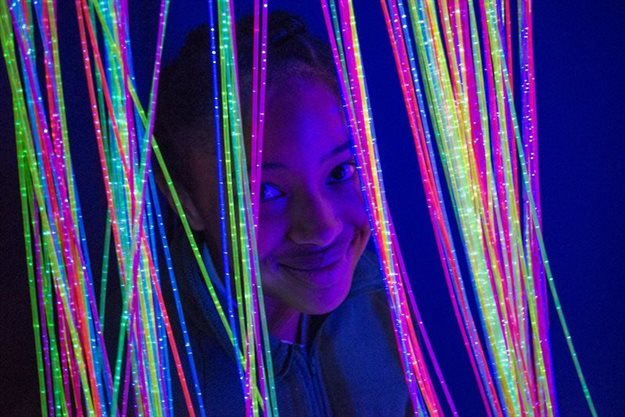Bellavista School has announced a new collaboration with Beit Issie Shapiro - Israel's leading developer and provider of innovative therapies and state-of-the-art services for children and adults with disabilities and a world leader in Controlled Multisensory Therapeutic Environments (MSTEs). Through this collaboration, they aim to bring Issie Senses - Beit Issie Shapiro's MSTE methodology - to South Africa, to train therapists, educate communities and spread the word about this therapeutic tool and its many potential benefits to society through online and onsite training, ongoing online support and supervision, consultation on rooms and the sharing of knowledge and information.
Bellavista's MSTE journey
In 2015, Johannesburg's Bellavista private remedial school and NPO opened South Africa’s first fully operational multi-sensory room on its campus as part of its ongoing dedication to excellence in remedial education. A multi-sensory room is a Controlled Multisensory Therapeutic Environment that assists with the treatment of a wide range of challenges, including (but not limited to): autism, developmental delays, brain injuries, ADHD, anxiety and Alzheimer’s disease.
Since then, Bellavista has run orientation workshops to showcase the use of the room in a school-based setting. The team at the school, headed by Elena Lewis, a Sensory Integration Occupational Therapist, has supported Mohato School for Autism in Soweto with MSTE room, consulted and orientated Occupational Therapists at the Red Cross Children’s Memorial Hospital and supported queries from private practitioners and parents.
The Multisensory Environment was originally developed in the 1970s in the Netherlands. Beit Issie Shapiro then advanced the environment into an evidence-based therapeutic tool – Issie Senses. Issie Senses has been developed over 82,000 hours of field experience. Over 3,000 professionals have been trained in Israel and internationally, including at Bellavista School, and more than 400 rooms have been established under the guidance of Beit Issie Shapiro worldwide.

The MSTE room at Bellavista School
This intervention is not bound by a specific professional discipline, therapy, facility, or client profile. Rather, it is a philosophy and a concept to be used as a resource to improve the quality of life for people with disabilities and other limiting conditions. Issie Senses involves offering a person an opportunity to enter a soothing and stimulating environment with an enabling therapist. These rooms are specially designed to deliver stimuli to various senses and create opportunities for interaction and engagement.
This kind of intervention is not limited to state-of-the-art MSTE Rooms only - with the right training, those working with and caring for people who struggle to participate in everyday life, can use these techniques using everyday household / easy to access items.
“It has always been our intention to share the MSTE concept outside of the Bellavista School environment, through training, education and creating awareness. When we installed the MSTE Room, we were fortunate enough to have the original trainer from Beit Issie Shapiro come out to South Africa to train our therapists. Since then, we have kept in close contact with the organisation, updating them on the work we are doing in South Africa. It is very exciting to be taking this a step further and increasing the impact of MSTE in South Africa,” says Alison Scott, Headmistress of Bellavista School.











































